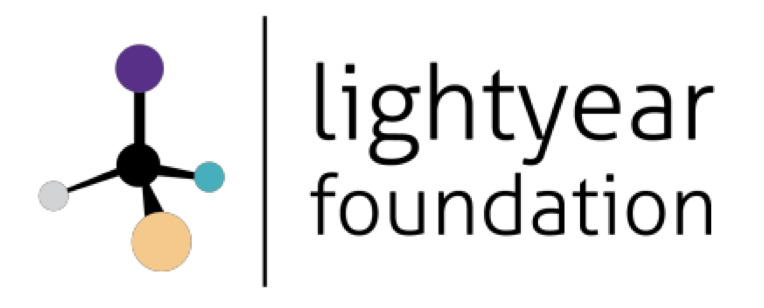ROle Models
DR CAMILLA PANG
Job Title: Postdoctoral Scientist, Author of ‘Explaining Humans’
Disability: Autistic spectrum disorder (Asperger’s syndrome), ADHD.
Why did you want to work in STEM?
To me STEMM wasn’t a job, it was and still is for my survival. A guide and a way of life to understanding the world around me. From the ground up, by virtue of being on the autistic spectrum with an eye for detail and analysis, I built my mechanisms so I could communicate and live on this planet. Humans are confusing after all.
I loved the deterministic nature of science, and its universal outreach that regardless of what nationality you were from, no matter what gender, or abstract social grouping you were assigned, you are a victim of scientific endeavour and force. Science and people are everywhere – which being a scientist, has enabled me to explore the patterns therein and between the two.
I have been studying my whole life to become a scientist, where I am currently in my first proper job working in AI and bioinformatics for a pharmaceutical company. The standard 9-5, the classic daily grind of commuting (which is still hard for me), and the intermittent interaction with people in different contexts. The work itself is something I am passionate about, and thanks to the humbling endeavour and character obtained from having mental health disorders – it made me realise that you can put your mind to anything if you care about it enough. I would say even more so when you are considered disabled, as we naturally don’t give up easily and are innately strong.
I specifically chose biochemistry as it was the subject that incorporated all sides of science, enabling me to branch off in any direction. I did my PhD in Cancer research – since much like the patterns in people, cancer is evolving and dynamic and changeable, and I found it hard to pin down, and a challenge which is exactly what my ADHD needs. I get bored otherwise.
How do you feel your disability has impacted you as a scientist?
There are many sides of science, and I wanted to be right in the middle, so I could move between them since choosing one would be favouritism to one angle of seeing – my OCD wasn’t happy with this, nor my ASD. The best thing about having my ‘disabilities’, or I commonly refer to as ‘mental variances’ is that you will naturally think differently, both in the solutions and also the pace of them, and also in between fields since your naturally ‘crazy’, ‘nuts’, ‘weird’ and dynamic nature will give you an edge, a head start on the route of exploring. Science needs this dysrrhythmia to evolve, and much like evolution itself, science thrives off differences.
In terms of the responses to my disabilities in the workplace, I have had both good and bad experiences. Just to paint you a picture, I have often have short bursts of intense attention span, perpetual boredom, anxiety attacks, and imposter syndrome meltdowns, and often find it hard to decipher instructions if vague and not direct and literal. This is all fine, since I know how I work, and I know that there are some people who can’t handle this, and there are others who don’t even make it an issue and if anything enable you by accommodating your needs because they know you can do the job. I have had both in that order, and as much as you can feel like people have to cope in the workplace, and that you are behind or a step back from everyone else, this is not the case. If you have the passion, drive, and hard work ethic, then it is a matter of the workplace to encourage and support you, and not make you feel like you are an inconvenience since they see past that – that is if they themselves are able to have empathy. This actually serves as a litmus test to workplaces worth working at. These people/that kind of work environment does exist and it is a two way street to capitalizing off differences. For example, my work enables me to work from home some days that helps me focus in the familiarity of my home, and also prevent anxiety attacks from commuting. I also have a standing desk since my ADHD won’t let me concentrate when sitting down for more than 15 seconds. My boss (having seen me have bawling anxiety attacks in his face many times in the 6 months I have been there) has always reassured me and supported my learning as a scientist, such as encouraging me to look at courses, such as those in mental resilience or women empowerment etc, to assist with me becoming a better researcher regardless. It does exist.
What are your top tips for a disabled young person interested in STEM as a career?
The weirder the better, and the right people will love you for it, and for others it will make them feel uncomfortable- but it is only because you challenge them. Though thinking about it – it is kinda awesome.


